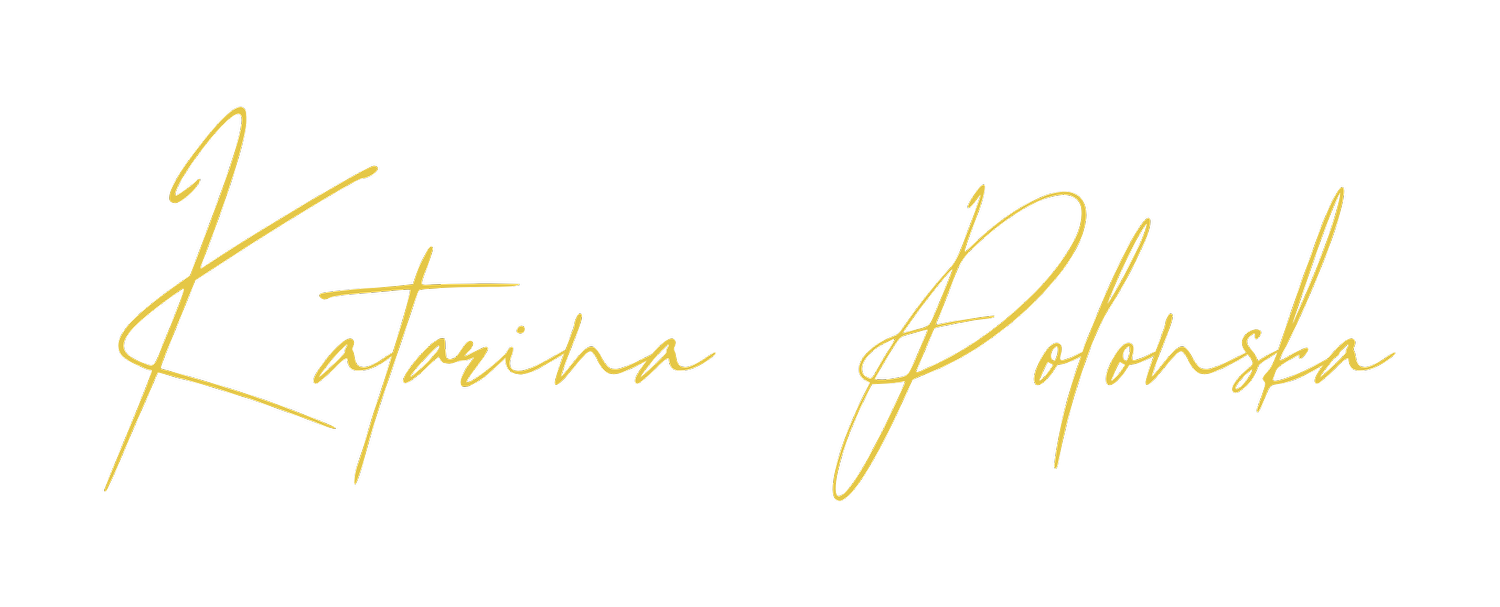
Blog Posts

Why am I still single? The fallacy of being a high performance high-achiever
I hate to say it, but the only common denominator in your dating life is you.
Without taking even a bit of time to hold up a mirror to where you're self sabotaging, that pattern will just continue. Ask me how I know.

Why are dating and relationships harder as a hardworking high-achiever?
When we’re hardworking high achievers, it comes down to a pretty rational and systematic way of evaluating a mate’s potential and discerning to what extent they are a good match for us long term. It integrates the heart and the gut just as much as it integrates reason and intellect.

How do I build an action plan? I have an idea - what next?
Insight is nothing without action. We can have all the clarity in the world about what does and doesn’t work for us, but if we don’t put it into motion, it’s just an idea. The things we struggle to get clarity over – the important things in life – are often the hardest things to build action plans around. If it was easy, we would have likely pulled together a grand strategy and executed. With low stakes come low risks.

How do I stop self-sabotaging?
Our minds are so good at spinning up stories that terrify us. From projections of ‘what if?’, perpetually living in the future, worst case scenarios, hypothetical nightmares, and the general feeling that ‘this could go horribly wrong’, we have a lot of things we need to protect ourselves against. Pair this with criticism by people we love and respect, and a foreboding awareness that we’re doing something people might not understand, it’s no wonder we fear rocking the boat.

What’s wrong with me? Everything I tried to find a partner.
How many of us have gone on dates with someone that seemed ostensibly great on paper, but felt that pang of disappointment when we realise that there’s just no connection? That sense of fatigue when you find yourself reinstalling dating apps for the umpteenth time, mindlessly swiping.

Are relationships really that important? Why I’m concentrating my focus.
In a bid to serve people quickly, and heed the calls for help that I heard in the world of entrepreneurship. I started working with incubators, startups, and founder networks, supporting founders with everything from burnout to productivity challenges, rekindling motivation, time management, delegation, communication, and all the flurry of stresses that entrepreneurship brings.

I’m lonely – what can I do? Why starting with ourselves is the first step.
If we have a romantic partner, we try to plan date nights. We try to leave our work in the (home) office and avoid excessive work travel. We try to splash out on fancy holidays and connect over dinner with talk about our days. Yet the date nights feel too far and few between. Work always bleeds into longer hours than we’d like. Our fancy holidays fly by in a blur and dinners feel short, spent catching up on telling each other about our days. Issues get put on the back burner, and connecting deeply feels like a ridiculous and unobtainable utopia.

Why do hardworking high achievers struggle so much with relationships?
For those that are single, there’s a quiet, burning ache to find a partner. A longing, a yearning, a desire to find that connection. Dates can feel fun and can be exciting, but they rarely really scratch that itch. Rarely do they bring the deep connection that we crave. In the back of our minds, we wonder – is this it?

How do I know what to do? Listening to the voice within
It’s one thing to discern what’s coming up for us and another entirely to know what the message is. How often have we felt an instinct, gut response, or some sort of inner awareness coming from within but been utterly unsure as to what it’s trying to tell us?

Can I trust my gut instinct about my relationship? Why discernment is important
I will never forget going to my coach, feeling unsure and unclear about what to do about my first engagement. Everything on the surface looked right, but inside I felt tremendous anxiety – and I couldn't shake out exactly why. We had the picture perfect relationship and everyone seemed to envy the life we lived, so why did I lie awake at night wondering, "Is this really it?"

How do I find a better work-life balance?
Whether you’re a student, teacher, sales leader, founder, or even looking for work opportunities, we’re all trying to navigate that tension between work and personal life. Rarely are the two interconnected. And when they are – through remote work, digital nomadism, working with a partner, or simply being so into your work that it becomes a lifestyle – there’s still further tension here.

How can I feel more well rested? The Seven Types of Rest
We often think of rest as sleep, lounging in a hammock with a pina colada, or collapsing on the couch in front of the TV. Dr. Saundra Dalton-Smith, however, sees rest a bit differently. Her book challenges the notion that sleep alone can fully rejuvenate our energy levels, highlighting the importance of different forms of rest.

Why is self-connection important? Part 2
Without a deep, authentic, whole-hearted connection to yourself, you cannot know yourself fully. When you do not know yourself fully, all of the decisions you make, relationships you build, work you pursue, and life you create is coming from a disconnected place. They are not in full integrity with who you are at your core. Coming from this space, they are likely to be superficial solutions to what you think you want, need, and believe…

Why is self-connection important? Part 1
Almost every founder, leader, and professional I worked with wanted to improve their sense of balance, clarity, and direction in life. To get really clear on where they’re going next, whether they’re the right person to take on a certain task or mission, and make better decisions. De-risking the process was always important, and taking manageable micro-steps forward to begin moving the needle on the changes they wanted to see, was also key.

“Is this it?” Why it’s important to act & we have less time than we think
Ostensibly, I had it all. The apartment, the beautiful city to live in, the well-paid job that I loved, the instagram-perfect relationship, the big overseas wedding planned. But with the silence that came with the solitude of the pandemic, the inner voice inside grew louder. And so my Covid experience, whilst incredibly isolating, was a period of intense self-connection.

What do I do next in my career? How to figure it out
Often the totally rational decisions we make are so logical and calculated that they are removed from who we truly are. They make us out like chess pieces, bizarre little pawns in the world of corporate, making moves that will win us points and get us up the ladder...they miss the other parts of us that are equally important: our hearts, our desires, and our very real physical needs.

What has connection got to do with sales?
Strengthening sales folk to become go-getters, sales champions, and challengers necessitates teaching effective communication, active listening, building rapport, and networking. This has historically been helpful in terms of arming your sales teams with the necessary relationship building skills to go and close those deals, but it’s typically fallen short…

Where does the body, embodied cognition, embodiment, and gut instinct come in?
Since the body perceives, takes in and processes everything around us, the body can therefore be seen as the best source of self-information for each individual. Our minds filter information based on our mental map, but the body, fueled by our subconscious, is constantly taking it all in. It is also connected to our deepest sense of self, to our deepest fears, truths and desires.

What is Transformative Coaching? And solutions-focused coaching? What about other forms of coaching?
Rooted in modern humanistic coaching, it believes your paradigm, inner world of beliefs, assumptions, values, and expectations, hold the key to unlocking greater possibilities for ways of being in life….using your own inner potential, help you source new solutions. In other words, transformative coaching helps fish see the water that they don’t know they are swimming in.

“Meditate, and just let go” Why does meditating and just ‘letting go’ not seem to stop my anxiety or make it fully go away?
If clients tell me that they are anxious, or have fears, imposter syndrome, a niggling sense that something is off, I don’t tell them to just meditate or breathe through it. I have tried to meditate and breathe my way through an unhappy relationship and I can tell you, it doesn’t work ;)
